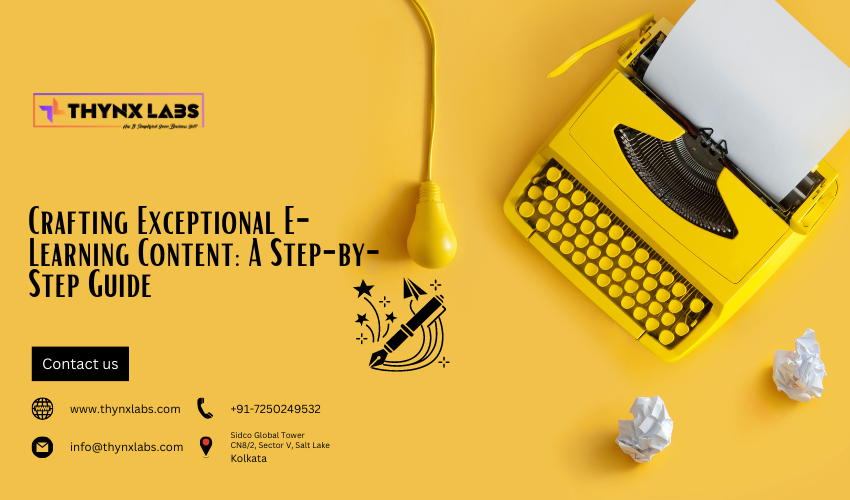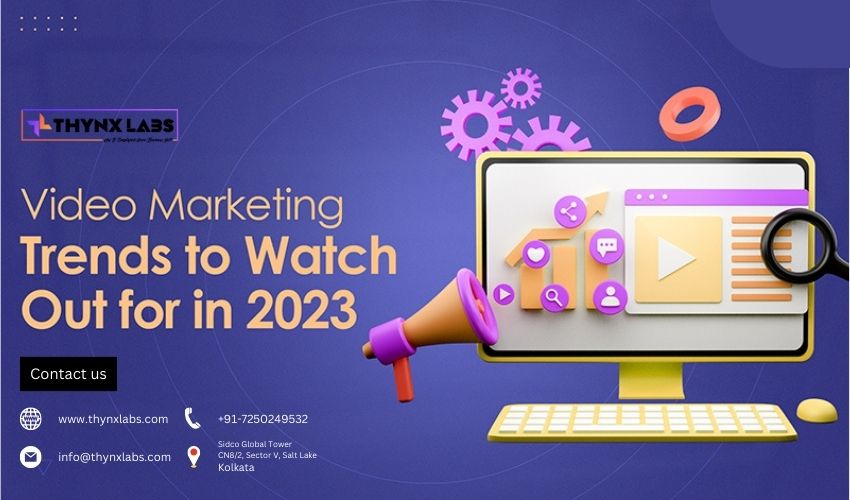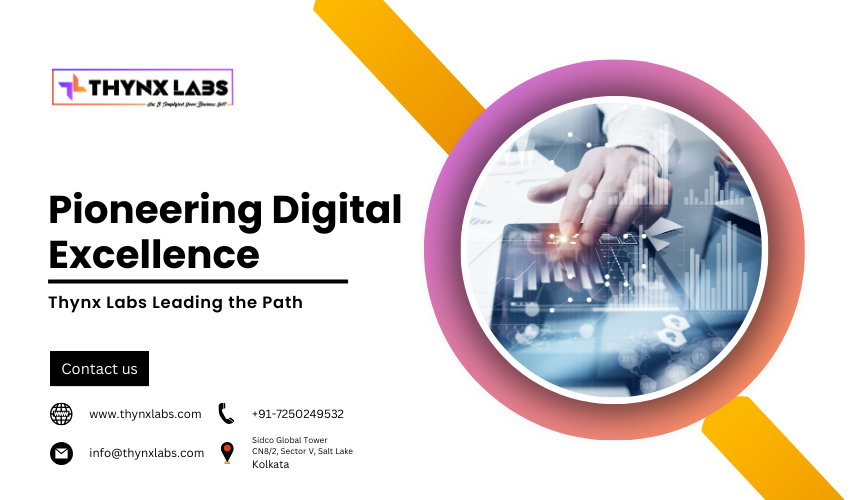7 Ways Social Media Enhances Education
In the digital age, social media platforms have become integral parts of our daily lives. People use them for various purposes, from connecting with friends and family to staying updated with the latest trends and news. However, beyond their social aspects, social media platforms offer significant educational benefits that are often overlooked. In this article, we will explore seven educational benefits of social media and how they can positively impact learning experiences.
1. Accessible Learning Resources
Social media platforms serve as vast repositories of educational content. Numerous pages, groups, and profiles are dedicated to different subjects, providing a wealth of information accessible to anyone with an internet connection. From academic concepts to practical skills, learners can find a wide range of resources tailored to their needs.
2. Global Collaboration Opportunities
Social media breaks down geographical barriers, connecting learners from different parts of the world. Collaborative projects and discussions involving students, teachers, and experts from diverse backgrounds foster cultural understanding and provide unique learning experiences. Engaging with peers globally enhances perspectives and encourages critical thinking.
3. Interactive Learning Environments
Various social media platforms offer interactive features such as live streaming, polls, quizzes, and discussion forums. These tools facilitate active participation and engagement, making learning more enjoyable and effective. Interactive sessions encourage students to ask questions, share opinions, and collaborate, creating dynamic learning environments.
4. Instant Access to Updates and News
Staying informed about the latest developments in different fields is essential for continuous learning. Social media platforms deliver real-time updates, news articles, and research findings. Subscribing to relevant pages and channels ensures that learners are always aware of recent advancements, enabling them to incorporate the latest knowledge into their studies.
5. Skill Enhancement through Tutorials
Platforms like YouTube and Instagram host a plethora of tutorials ranging from academic subjects to practical skills like coding, cooking, or artistic endeavors. Learners can access step-by-step guides and videos created by experts, allowing them to enhance their skills at their own pace. These tutorials provide valuable supplementary education beyond traditional classroom settings.
6. Networking and Mentorship Opportunities
Social media platforms enable students to connect with professionals, scholars, and mentors in their fields of interest. Building a network with experienced individuals provides access to valuable insights, guidance, and mentorship. Networking on social media can lead to internships, collaborative projects, and career opportunities, enhancing the overall educational experience.
7. Enhanced Communication Skills
Engaging in discussions, debates, and group activities on social media platforms hones communication skills. Expressing ideas concisely, debating respectfully, and defending opinions in an online environment contribute to the development of effective communication skills. These skills are crucial for academic success and future career endeavors.
In conclusion, social media platforms offer a plethora of educational benefits, transforming the way we learn and interact with information. Embracing these platforms as educational tools empowers learners with accessible resources, global perspectives, interactive learning experiences, and valuable skills. By leveraging the educational potential of social media, students can enhance their knowledge, broaden their horizons, and prepare themselves for a successful future
Frequently Asked Questions
Q 1: Can social media really be used as an educational tool?
Yes, social media platforms provide a vast array of educational resources and opportunities for interactive learning, making them valuable educational tools.
Q 2: How can social media enhance collaboration among students?
Social media connects students globally, allowing them to collaborate on projects, share ideas, and learn from diverse perspectives, fostering a sense of global collaboration.
Q 3: Are there age-appropriate social media platforms for younger learners?
Yes, there are social media platforms specifically designed for children and teenagers, ensuring a safe and age-appropriate online learning environment.
Q 4: Can social media help in developing practical skills?
Absolutely, social media hosts tutorials and guides on various practical skills such as cooking, coding, and DIY projects, providing learners with step-by-step instructions for skill development.
Q 5: How can social media networking benefit students in their future careers?
Networking on social media allows students to connect with professionals and mentors, opening doors to internships, job opportunities, and valuable career advice, enhancing their prospects in the job market.


